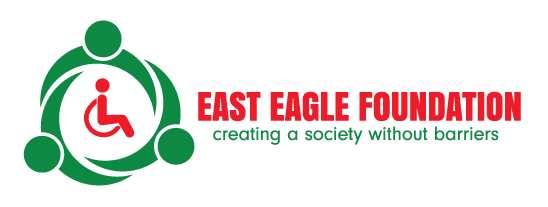During the period of 5-8 August 2020, the East Eagle Foundation (EEF) held a three-day technical workshop with the Congolese Ministry of Education, the Ministry in charge of people with disabilities and other disadvantaged communities, donors and other stakeholders, including members of the Education Cluster (Katanga hub) in the Democratic Republic of Congo. The objective of this workshop was to unveil a collective strategy for advocacy and devise a plan of action to execute it.
Nineteen attendees, spanning the categories specified, collaborated during these three days of working session, culminating in the formation of a document of the collective advocacy plan, which was approved by the stakeholders and members in attendance. The new advocacy strategy will serve as tool for the community of disability rights advocates, leaders of organizations of people with disabilities and leaders of organizations working on the inclusive education and related issues get access to use for their advocacy works and build their networks and further EEF’s programme aiming to increase the access of children with disabilities to basic and inclusive education in Katanga Region (DR Congo).
In order to ensure the implementation of this new advocacy strategy, an informal network of organizations that brings together key educational stakeholders within the region, community-based organizations, NGOs and organizations of persons with disabilities and other civil society organizations working in the field of education and related sectors was launched by East Eagle Foundation. In addition to implementing the advocacy strategy, the informal network has established five additional goals:
- Identify children with disabilities at school age to generate data and identify barriers to inclusive education;
- Design training materials for teachers and principals of primary and secondary schools on the rights of persons with disabilities and on inclusive education issues: Child Protection, Inclusive Education, and Rights of Persons with Disabilities;
- Raise awareness among local populations and parents of children with disabilities to enroll their children in mainstream schools; and
- Host public forums on the financing of inclusive education.


0 Comments